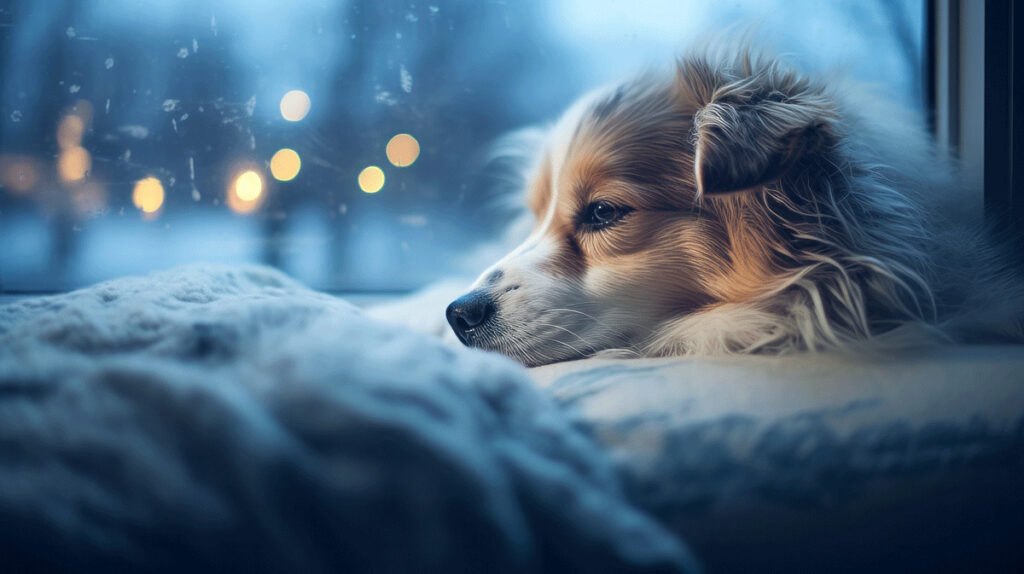Brace yourselves. Winter is just getting started in South Jersey, and winter weather can leave a mark on your HAVC system. Only Old Man Winter knows what the 2023-24 winter will bring. We could have a mild winter. We could be pounded with blustery winds, snow, and rain. You’re going to want to keep Heating Specialties in your contacts in case you encounter a heating emergency this winter.
Why is winter weather so hard on your HVAC system? Extreme weather, whether we’re talking frigid, frosty, or flaming, forces your HVAC unit to work harder, which adds to regular wear and tear and can lead to breakdowns on days when you need a working system. The physical nature of certain weather events can beat up your outdoor units, leaving dents and dings that compromise their efficiency. Let’s look at the different winter conditions and their impacts:
Extreme temperatures
We sweated through highs in the 90s this summer and shivered through subfreezing temperatures last winter in South Jersey. These temperature extremes force your unit to work harder to keep your home comfortable, especially if you have poor insulation in your home or airflow issues in your system. You probably notice that your energy bills spike in the hottest and coldest seasons. That’s because your HVAC system is working overtime. It also must work harder to keep your home temps steady. Have you checked your air filter lately? A clean air filter gives your system an efficiency advantage during these temperature swings.
Resist the urge, however, to lower your thermostat at night during a midwinter freeze, because that means your system must work harder in the morning to come back to a comfortable temperature. Keep doors and windows closed as much as possible, and make sure your vents are clear of any obstructions.
Rain and snow
South Jersey didn’t get a lot of snow last winter, but this year could be different. If we’re hit with several inches of snow this winter, pull on your boots and go outside to check your outdoor unit and furnace exhaust vent. Keep the unit and exhaust vent clear of any accumulated snow, to lighten the load for your HVAC system.
Heavy rains can impact even the sturdiest outdoor unit. Yes, your unit is made from special materials that are meant to handle extreme weather events. But you’ll still want to check to make sure there’s no standing water around the unit, which can damage the internal components. Keep the unit clear of any debris like branches and leaves that fall during a storm. Too much rain can lead to flooding, which may force your outdoor unit off its foundation pad. That’s an HVAC emergency that calls for Heating Specialties. Keep an eye out for indoor flooding as well during heavy rains. Moisture can damage your unit and requires an inspection by a trained HVAC technician.
Rising humidity
Humidity can seem like a summer issue, but winter rain and snow will increase the outdoor humidity and force your HVAC unit into overtime mode. On the other hand, winter’s colder and drier air can leave you feeling lousy and congested. Certain indoor air quality solutions may make a noticeable difference.
Keep your system running in any weather
What’s the best way to ensure your HVAC system is running reliably and efficiently throughout the year? Regular maintenance by a trained HVAC technician, of course! If you skipped your fall furnace tune-up, it’s not too late for Heating Specialties to make a difference in your winter comfort. These biannual tune-ups give our HVAC techs a chance to tighten any loose connections and repair small problems before they become cold-weather nightmares. Heating Specialties also offers 24/7 emergency HVAC service, because HVAC systems – and weather predictions – don’t pay attention to a schedule.
Winter weather can impact your HVAC system. But you’ll never be alone when you partner with Heating Specialties. Call us now at (866) 923-2653 or reach out online to schedule that overdue furnace tune-up. Be prepared for any extremes with Heating Specialties.

